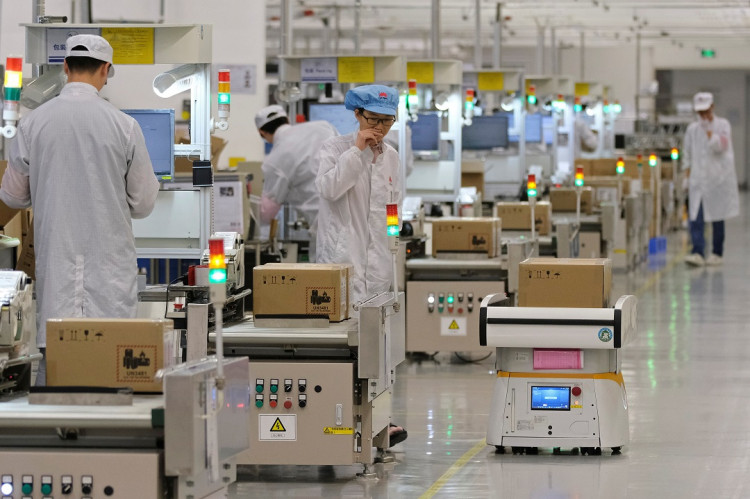In an effort to remain at the forefront in the battle for technological supremacy, Shanghai announced that it will soon be rolling out new tax incentives and funding for the country's semiconductor sector.
As the trade war between the United States and China continues, technology has been seen by some as the new arena of competition between the two nations. Whoever dominates the particular space could have an upper hand in the current conflict and in future dealings.
Shanghai announced that it would be focusing on three industries for its planned funding and tax incentives.
The industries are namely integrated circuits, biotechnology, and artificial intelligence. The government of one of China's largest commercial hubs announced that it would be pouring most of its resources to promote the semiconductor industry.
The industrial strategy, dubbed as "Made in China 2025," aims to bolster innovation and growth in the chip-making sector. The program will be assisting and supporting local players in the sector, with the intention of becoming self-sufficient by 2025.
The financial support will be provided through additional funding for research and development. The program will also provide attractive tax incentives for firms within the industry.
Shanghai vice mayor, Wu Qing, recently mentioned at a press conference that the new program is meant to further enhance the city's achievements in the field and for it to keep up with competitions from other countries. In 2014, China launched its China National Integrated Circuit Industry Fund with the goal of becoming fully technologically self-sufficient. The program invested heavily in local tech firms and funded efforts to acquire foreign patents and designs. Since it was set up, China has significantly increased its annual imports of semiconductors, reaching $260 billion in 2017.
China heavily depends on its semiconductor imports for several of its products. The country's major smartphone makers, its online shopping platforms, and its financial services all still rely on components manufactured by companies such as Intel and Qualcomm. Meanwhile, software systems are also utilizing foreign-made products from companies such as Google and Microsoft.
The recent trade ban imposed by the United States on Huawei has somewhat reignited the country's goal of becoming technologically self-sufficient. Likely part of a negotiation strategy, United States President Donald Trump recently included Huawei in the country's trade blacklist. The president claimed that Huawei was a national security threat, accusing it of using its equipment to spy on American activities. Huawei has denied all of the accusations against it.






